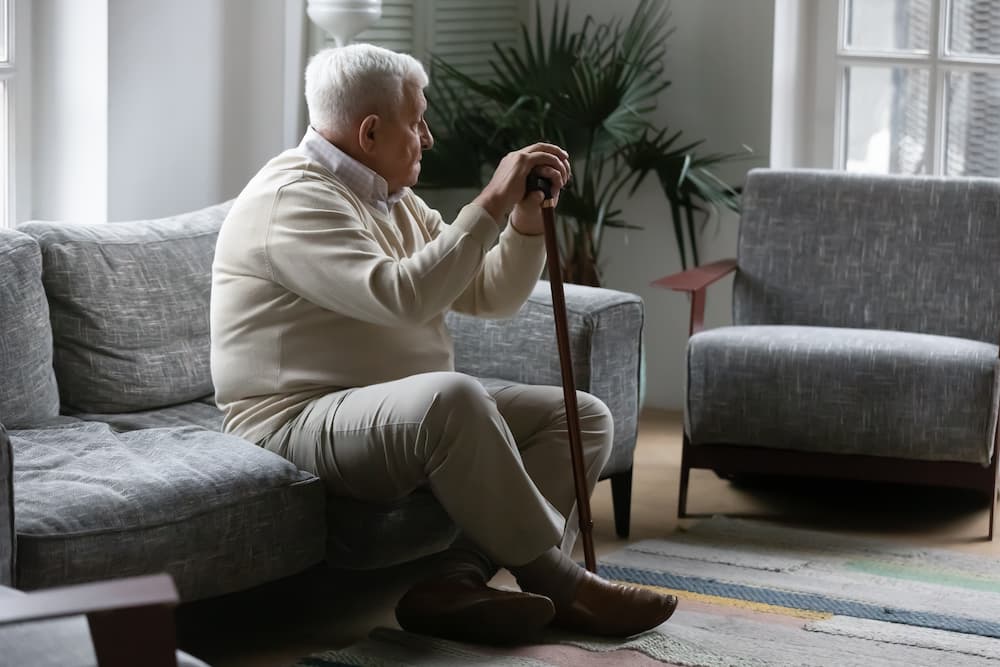Signs It Might Be Time for Assisted Living: A Checklist for Families
As our loved ones age, recognizing signs that indicate a need for more assistance is vital for their safety and well-being. Explore the 11 signs that suggest it may be time to transition from independent living to assisted living and when to consider making that change.

Signs It Might Be Time for Assisted Living
Determining when it’s time for assisted living often starts with recognizing certain changes in your loved one’s behavior or daily routine.
1. Decline in Personal Hygiene and Grooming
If you notice a significant decline in your loved one’s personal care habits, it may be a sign they are struggling with the tasks of daily living.
2. Difficulty Managing Medications and Medical Appointments
Ignoring or forgetting medication or consistently missing doctor’s appointments is a telling sign that they could benefit from the structured support of an assisted living community.
3. Increased Isolation and Withdrawal
If your loved one seems to be avoiding social interaction, it could be a signal that they’re struggling with their mental health.
4. Unexplained Bruising or Accidents
Frequent unexplained bruises may indicate that your loved one is struggling with mobility, highlighting the need for additional support to enhance their safety and prevent further injuries.
5. Noticeable Weight Loss or Gain
Drastic weight changes could indicate a lack of ability to prepare nutritious meals, forgetfulness in eating, or difficulties with grocery shopping.
6. Inability to Manage Household Tasks
If they are neglecting chores, it could be a sign they need extra help. This may include difficulty with cooking, cleaning, or maintaining their living space, indicating that additional support is necessary for their well-being.
7. Wandering or Getting Lost
If they show signs of disorientation, it may indicate more serious cognitive issues requiring professional care.
8. Unpaid Bills or Financial Mismanagement
Evidence of unpaid bills could mean they’re having difficulty managing finances.
9. Unpleasant Changes in Personality or Behavior
A shift in mood or attitude might indicate that your loved one is struggling mentally or physically.
10. Increased Forgetfulness and Confusion
If they’re regularly forgetting names, appointments, or recent events, this may be an indicator of cognitive decline.
11. Caregiver Burnout and Exhaustion
If you, as a caregiver, are feeling overwhelmed or burnt out, it might be time to consider assisted living to ensure you can maintain your well-being while caring for others.
When to Consider Moving From Independent to Assisted Living
Deciding to transition from independent to assisted living can be challenging, but there are clear indicators and benefits to guide you.
Understanding the Limitations of Independent Living
Independent living is wonderful for seniors who can manage daily activities, stay active, and maintain social connections. However, as needs and abilities change, the tasks of daily living can become a burden and even a hazard. Living alone might also mean no immediate help is available in an emergency.
Benefits of Transitioning to Assisted Living
Assisted living provides the support your loved one needs while still maintaining a sense of independence and dignity. It offers a safe environment designed to meet the unique needs of seniors.
Choosing an assisted living community can provide peace of mind, knowing your loved one is being cared for in a safe and supportive environment. It can also alleviate some of the stress and responsibilities of caregiving.
CarePartners: Your Partner in Assisted Living
At CarePartners Senior Living, our dedicated team offers professional advice and guidance tailored to your needs. We focus on understanding your loved one’s situation to help you navigate their care options.
Discover the Perfect Fit: Explore CarePartners’ Assisted Living Options
Visit our assisted living page for comprehensive information about our services, amenities, and resident experiences. Don’t forget to check out our virtual tours, which offer a glimpse into life in our communities and can help you make an informed decision.
CarePartners: Helping You Make the Right Move to Assisted Living
Recognizing the signs that indicate a need for assisted living—such as difficulty managing medications, challenges with household tasks, noticeable weight changes, or increased forgetfulness—can help ensure your loved one’s safety and well-being.
CarePartners Senior Living provides a supportive, safe, and engaging environment for your family members. We encourage their independence while delivering the necessary care they deserve. Connect with us today, and let us guide you through this transition by offering the information, support, and guidance you need.
Making the decision to move your loved one to assisted living is not about taking away their independence; it’s about enhancing their quality of life and ensuring they receive the care and support they truly deserve.
Image Source: fizkes/Shutterstock



